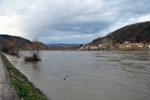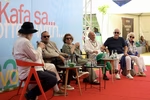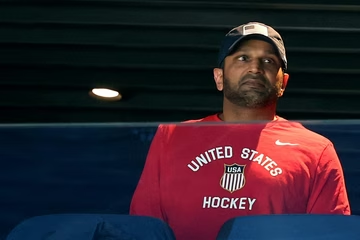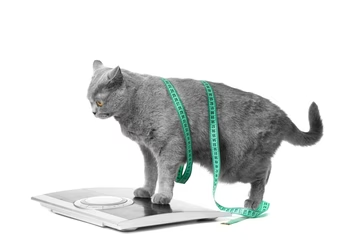
Zagreb’s dissatisfaction with the election of Zeljko Komsic as Bosnian Croat member of Bosnia's tripartite Presidency is a tense and unnecessary issue, Croatian President Minister Stipe Mesic told Radio Free Europe on Thursday.
The issue of the election of Zeljko Komsic to Bosnia’s Presidency in the October 7 General Election has not only amplified an ongoing discussion on the legitimacy of political representatives in Bosnia, but was also met with criticism from the leadership in neighbouring Croatia.
Bosnia’s Presidency is composed of three members, each representing one of the country’s three ethnic majorities. The Serb member is elected from the Serb-majority Republika Srpska (RS) part, while the Bosniak and Croat members are elected from the other part, the Bosniak-Croat Federation (FBiH).
According to Bosnian Croat officials, mostly those of the main Croat ethnic-oriented party in the country, the Croat Democratic Union (HDZ), Komsic was elected by the numerically dominant Bosniaks in FBiH to represent Bosnian Croats. They allege that Komsic is thus an illegitimate representative, saying that most Bosnian Croat voters, in fact, voted for HDZ leader Dragan Covic.
Bosnian Croat politicians and the leadership in Croatia have been insisting that Bosnia change its election law, parts of which were also declared unconstitutional by the Constitutional Court, to ensure that one ethnic group cannot elect the representative of another.
Komsic unexpectedly visited Croatia on Wednesday, where he had lunch with ex Croatian President Stipe Mesic. But neither Komsic nor his party, the Democratic Front (DF), elaborated on the details of the trip.
Mesic told Radio Free Europe on Thursday that he supports Komsic’s election, and that he knows him personally for a long time already. He said they spoke about how to improve relations between Zagreb and Sarajevo.
Komsic was elected according to the same rules that applied when Covic was elected to the post in 2014, Mesic said.
Members of the Presidency in Bosnia, he said, “represent Bosnia and Herzegovina, not Bosniaks, Croats and Serbs.”
He also touched upon the "narrative of Covic, who said that 80 per cent of Croats voted for him," saying that "80 per cent of those Bosnian Croats who voted did vote for him, but 60 per cent of Bosnian Croats did not vote at all.” He added that Bosnian Croats “did not want Covic, and that is his problem, and obviously a problem in our politics.”
Former Croatian Prime Minister Jadranka Kosor earlier also spoke about Komsic's election and the criticism coming from Croatia over it.
“Croatia needs to avoid being in any way marked as an actor who is interfering in Bosnia’s internal issues, but it should help its neighbouring country in accordance with its constitutional obligations and as a signatory of the Dayton Peace Agreement,” Kosor said.
She proposed that both Komsic and Covic should be invited by Zagreb at the same time.
“None of them will lose their crown, as none of them has a crown on their head anyway, and the devastating trend of declaring Komsic persona non grata should be stopped,” she said. “It will not do any good to anybody, and in this regard, the leadership in Croatia should, in fact, take a different stance.”
Kakvo je tvoje mišljenje o ovome?
Učestvuj u diskusiji ili pročitaj komentare





 Srbija
Srbija
 Hrvatska
Hrvatska
 Slovenija
Slovenija



























































